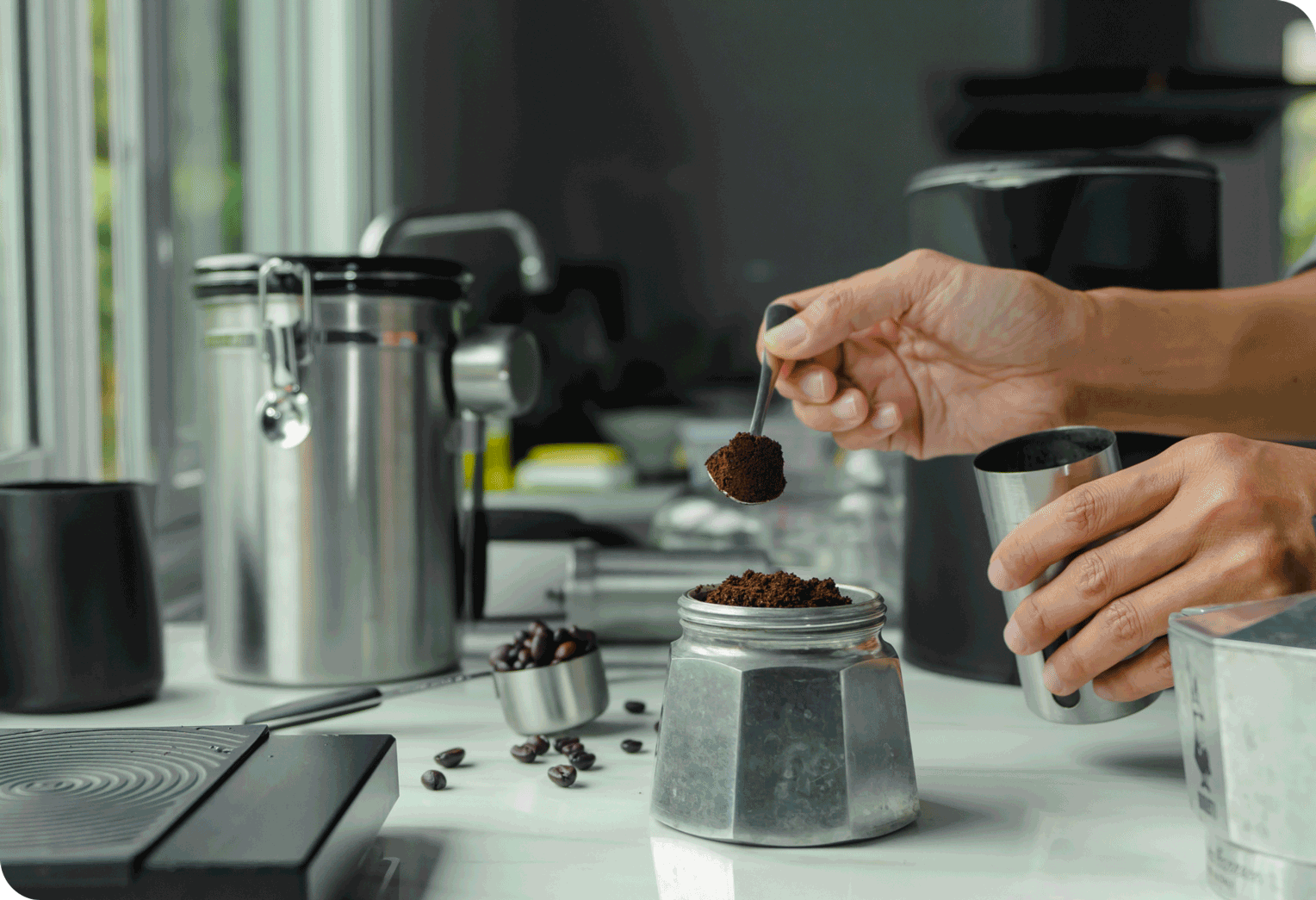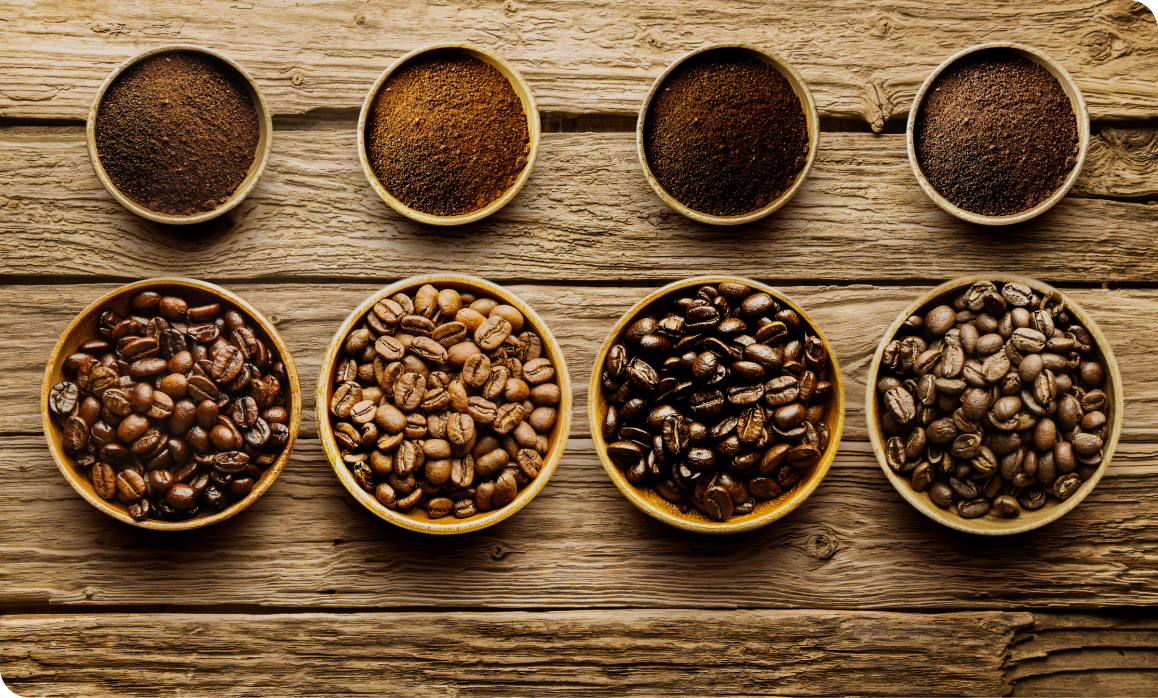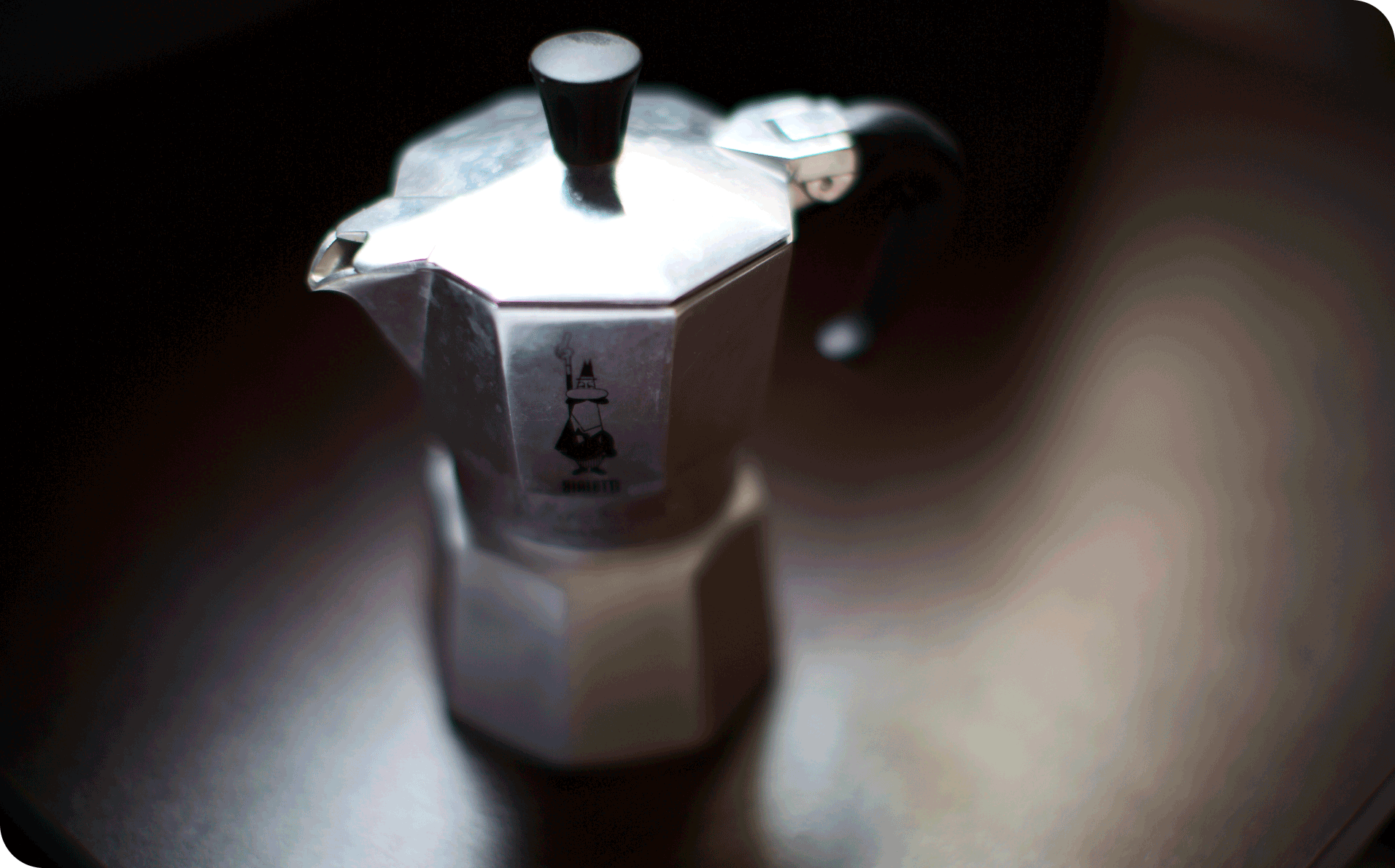Drinking bitter coffee can still sweeten your day
Moderate consumption of bitter coffee helps to stay in shape. But it is not for everyone. Some, indeed, may not like it: it is a matter of taste, but also of DNA.

- It is not true that drinking bitter coffee is bad for you. Quite the opposite: "sugar-free coffee" brings significant benefits to our body.
- From the concentration of caffeine, to the roasting process, to the extraction method: here is what makes coffee bitter.
- Several scientific studies have investigated the phenomenon, trying to understand why some people like bitter coffee.
- Bitter coffee, if consumed within the suggested limits (3-5 cups per day for a healthy adult), brings various benefits for our body.
- Not adding sugar to coffee should become a daily habit: let's find out why.

Good, even without sugar
For many people, the bitter taste of food corresponds to a lack of taste. In some cases, the sensation is so unpleasant that it is impossible to eat those foods. Talking about coffee, there are some who prefer it bitter and others who cannot drink it without adding sugar to it first. It could seem to be just a matter of taste. In reality, the preference for one or the other version could depend both on the type of coffee and on genetic factors. What is certain is that it is not true that bitter coffee is bad for you. On the contrary, a "coffee without sugar", as true fans are keen to point out, brings significant benefits to our body.
Why is coffee bitter?
Not everybody knows it, but what gives the bitter taste to coffee is caffeine¹. As a consequence, the higher the concentration of caffeine in a cup, the more bitter the coffee will be. This is why it can be very important to pay attention to the type of blend one chooses. For example, Robusta variety contains more caffeine than Arabica: 2.8% versus 1.7%.
Besides caffeine, there are other parameters that make coffee more or less bitter. Such as:
- the level of roasting. The darker the coffee, the more bitter it will be;
- the method of extraction. In particular, when coffee is over-extracted, it will taste burnt and almost astringent.
Over-extraction can be caused by many reasons: from grinding coffee too finely to pressing it through the filter with excessive force.

Why some people like to drink bitter coffee
There are people who love drinking bitter coffee and they would not change their habit for anything in the world. The gustatory perception of bitter substances is subjective, and our genetic code also plays a role in it.
According to a recent study², there is an association between genetic variants and sensitivity to the bitterness of caffeine with the latter being metabolized faster. This would lead people to consume more coffee and appreciate the feeling of well-being that comes with it.
Another study³ compared the various shades of bitterness present in beverages and foods. Caffeine, quinine and propylthiouracil to be more precise. The result? Those who perceived the last two substances more tended to drink less coffee.
The benefits of bitter coffee
A cup of bitter coffee contains approximately 2 kcal. 3-5 cups per day⁴, the amount recommended by nutritionists for a healthy adult, in the absence of other sources of caffeine, help one stay healthy . Specifically, based on scientific evidence, drinking bitter coffee helps to:
- prevent the risk of contracting heart disease, type 2 diabetes, neurodegenerative diseases;
- fight cellulite and premature aging of the skin, thanks to antioxidants that neutralize free radicals.
The intake of bitter coffee also helps to tackle poor digestion. Although coffee does not possess digestive properties, it does, however, stimulate gastric secretion which can help after meals.

The dark side of sweetened coffee
As we said earlier, bitter coffee contains a negligible quantity of calories. However, adding sugar or "correcting" the coffee with milk or liquors means increasing the energy intake. And so, in a span of a single moment, your coffee will end up exceeding 30 kcal. When it comes to sweetened coffee, sugar actually cancels out the properties of coffee and raises the body’s insulin levels. This tends to induce a sense of fatigue and drowsiness. Nutritionists’ recommendations are to avoid excessive consumption of sugar. This could lead, in fact, to an unbalanced diet, possibly causing the onset of pathologies such as obesity, diabetes mellitus and cardiovascular diseases. It must be said that getting used to drinking bitter coffee is certainly not easy. Experts’ advice is to gradually reduce the quantity of sugar, until one reaches zero. . It will be a good habit, as flavorful as sugar, from which you will never go back.
NOTES
¹ Caffeine is one of the substances that contribute to the bitter taste of coffee. The sensation of bitterness is also caused by other substances such as trigonelline, an alkaloid, and chlorogenic acids. These are polyphenols present in vegetables, in particular in green coffee, which seem to play an important biological role within a chain of oxidoreductive processes.
2 Genetic determinants of liking and intake of coffee and other bitter foods and beverages.
3 Understanding the role of bitter taste perception in coffee, tea and alcohol consumption through Mendelian randomization
4 Source: Linee guida per una sana alimentazione, CREA

Caffè a perdere: incipit vincente
Si arriva, quindi, al terzo passaggio essenziale con una Moka nuova: cosa fare per farle “assaggiare” l’odore del caffè? Il classico consiglio della nonna è quello che, effettivamente, fa la differenza. Si tratta, in sintesi, di preparare tre caffè a perdere:
- si riempie la caldaia di acqua, a temperatura ambiente, fino al bordo inferiore della valvola;
- si mette un po’ di macinato nel filtro;
- a questo punto si assembla la caffettiera, ponendola sul fuoco.
Gli infusi ottenuti non vanno versati in tazzina né consumati. Questa operazione fa sì che gli oli e le cere naturalmente presenti nel macinato creino una lieve patina isolante e protettiva all’interno della Moka. Un elemento invisibile, ma di grande rilevanza per proteggere le preparazioni future. Se non per sempre, per un lungo segmento di vita.




